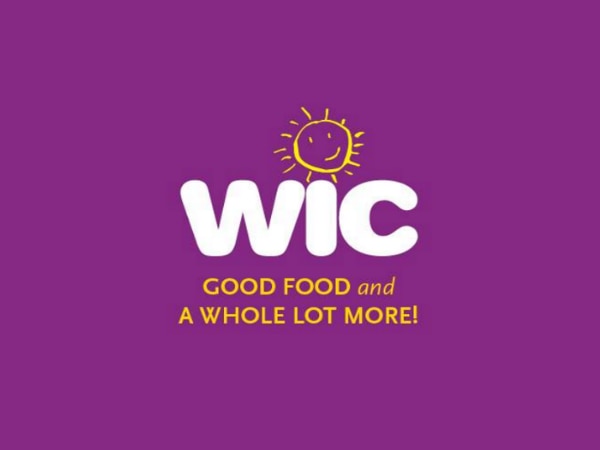- Office of the State Auditor
Media Contact
Noah Futterman

Boston — After an audit conducted by her office showed women and families in the Commonwealth face numerous barriers to accessing benefits through the Special Supplemental Nutrition Program for Women, Infants, and Children (WIC), State Auditor Suzanne M. Bump is calling on the Executive Office of Health and Human Services and the Department of Public Health (DPH), which administers the program, to address these barriers. WIC provides healthy foods, nutrition education, healthcare, and other services to Massachusetts families who qualify. Bump’s audit, which examined the period of July 1, 2015 through December 31, 2017, identified barriers to access related to transportation, outreach efforts of DPH, and language and immigration status.
“In the Auditor’s office we seek not only to protect the integrity of public assistance programs, such as WIC, by rooting out fraud and abuse, but also take steps to ensure these benefits reach those for whom they are intended,” said Bump. “As a state, we have a vested interest in the well-being of the women and children who qualify for WIC benefits. Our audit work and interviews with WIC providers have shown significant challenges when trying to access these benefits. I hope this audit aides the Department of Public Health to use the tools and technology at its disposal to improve outreach to potential clients and seek innovative solutions to overcome transportation- and immigration-related barriers that reduce participation in this important program.”
Transportation
During interviews conducted by Bump’s office, WIC providers pointed to transportation as the largest barrier to access facing program participants. The audit found a lack of public transportation options, gaps in provider locations–particularly in the western part of the state – and urban parking issues as obstacles for many WIC participants. The audit notes some WIC providers have requested and received DPH’s permission to establish temporary mobile service centers in hospitals and women’s homeless shelters to help overcome these barriers.
Outreach Efforts
The audit calls for a number of improvements to DPH’s efforts to identify and notify individuals who may be eligible to receive WIC benefits. First, the audit calls on DPH to assess the effectiveness of its current practice of sending postcards to individuals to notify them that they may be eligible to receive benefits, and to consider other possible outreach options, such as email and text messages.
The audit also calls for improvements to DPH’s data-matching and sharing processes. Under current practice, DPH receives participant information from MassHealth and the SNAP program, which it cross-references with current WIC participants to identify individuals who likely qualify for WIC, but do not currently receive it. Bump calls on the agency to revise its data-sharing process and expand its list of programs it cross-references to include participants in Transitional Aid to Families with Dependent Children.
Language & Immigration
The audit also points to issues related to language and immigration status as barriers preventing individuals from accessing WIC benefits. The audit calls on DPH to provide translated versions of shoppers’ lists and guides in more languages so participants can effectively identify WIC foods, items, and support services to which they are entitled.
Additionally, the audit points to the US Department of Homeland Security’s (DHS) recently announced public charge rule as a deterrent to eligible people enrolling and using WIC benefits. Under this rule, the federal government will consider participation in Medicaid and the Supplemental Nutrition Assistance Program (SNAP) when determining whether an individual seeking citizenship in the United States is likely to become a public charge. While WIC is exempted from this rule, providers told Bump’s office that eligible participants who are immigrants are more apprehensive about applying for WIC benefits out of fear it may impact their immigration status. The audit points to expanded public education as a possible solution to this barrier, noting a provider in Lawrence indicated the city, as a result of its public education efforts, has not seen a noticeable decrease in program participation.
WIC is a supplemental food program funded by the U.S. Department of Agriculture and administered by the Department of Public Health. To be eligible for WIC, an applicant must be a Massachusetts resident, have a household income at or below 185 percent of the federal poverty level, and belong to one of the following categories: pregnant women, breastfeeding women, non-breastfeeding postpartum women, infants, or children up to age five. As of June 2018, there were 31 WIC providers managing 120 locations across the Commonwealth. There was an average of 108,593 WIC participants in fiscal year 2018, down from 114,419 in fiscal year 2016.
This Friday, September 13, Bump’s office will host a WIC barriers to access roundtable event in Holyoke with area elected officials, stakeholders, and WIC program participants to discuss issues highlighted in the report.
The full report is available here.
###